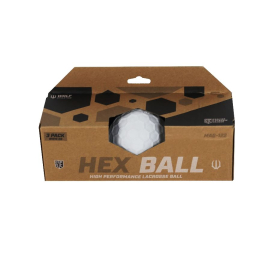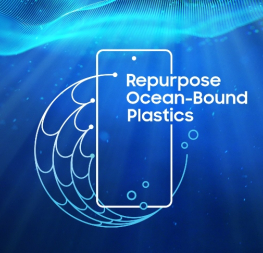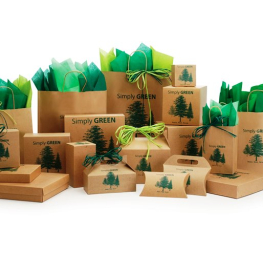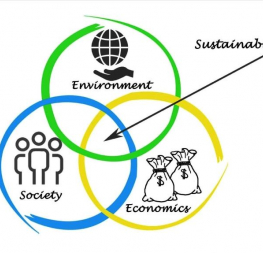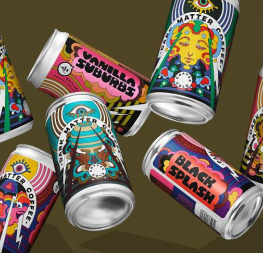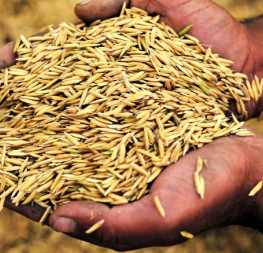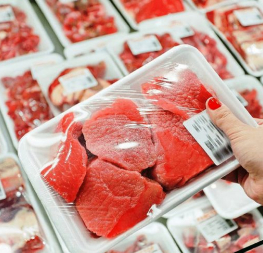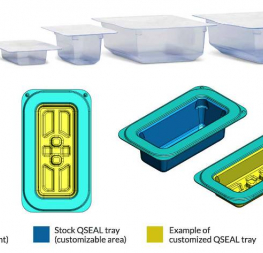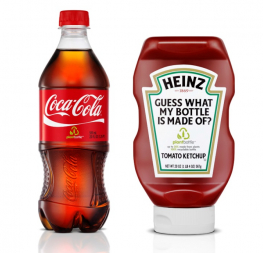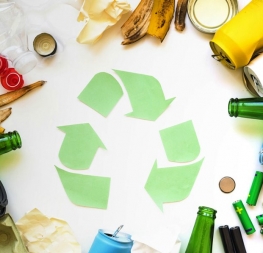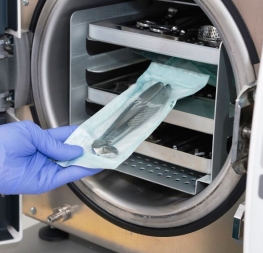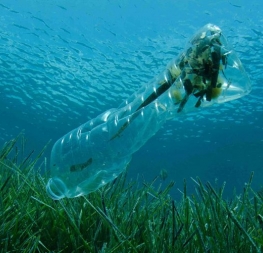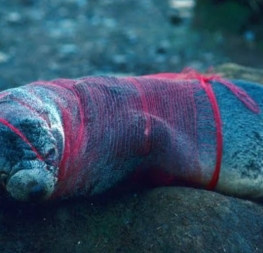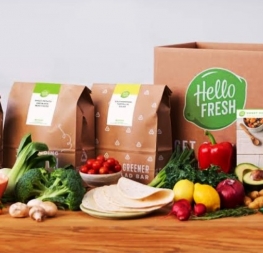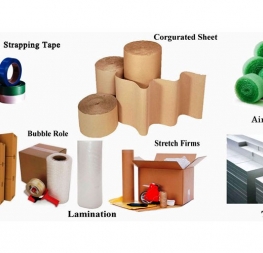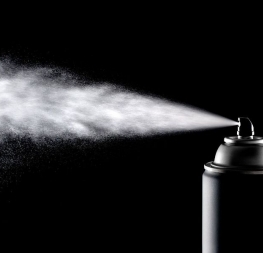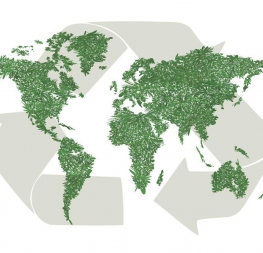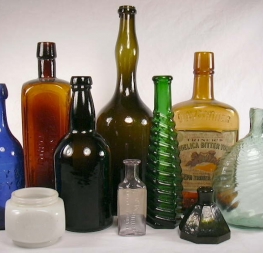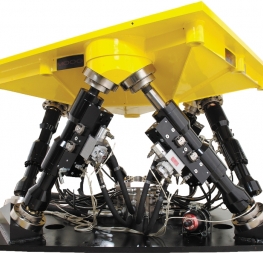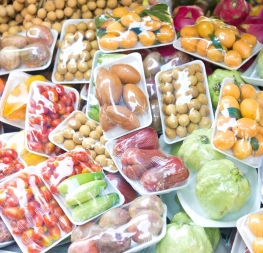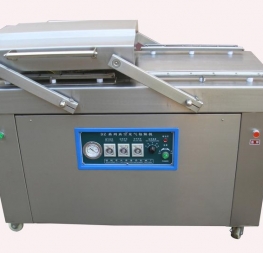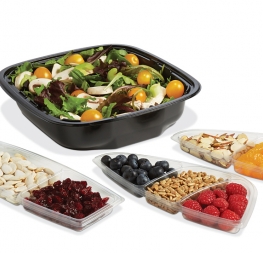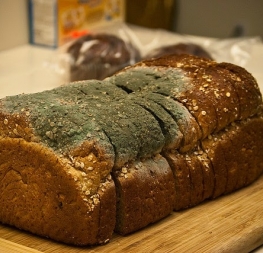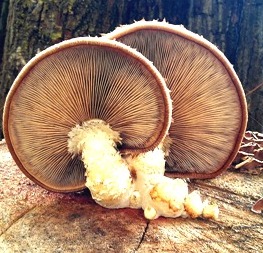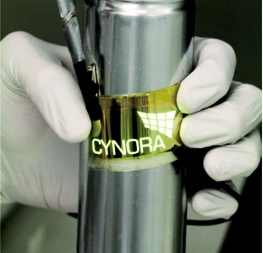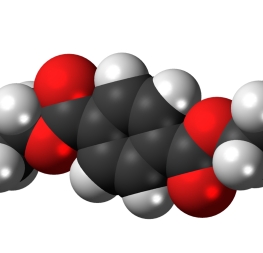Have you ever opened a box to find hundreds of little pieces of foam and wondered why they are included? These little pieces of foam are called anti-static peanuts or packing peanuts. The packing peanut is a great void fill option for packaging. Pantero said in a blog article, “They are lightweight, economical, and provide effective cushioning for objects with a range of shapes and sizes.” They help to keep the contents of the package from shifting around and are less expensive than other package cushioning alternatives. However, they are not good for the environment.
Packing peanuts are made of a polymer called polystyrene and were originally made in the sixties. Polystyrene is a supremely light weight material (made up of ninety-eight percent air). This makes it great for shipping because the larger the weight the more expensive it is to ship. The main reason for adding them is to help protect against shock. When the package is being shipped, it often encounters some hazards such as being dropped or sudden stops in a truck. This can cause the contents to shift around and bang against the packaging, which could cause damage to the object inside the box.
This is where the packing peanut comes in. The polystyrene peanut helps to fill the empty space in the box in order impede the movement of the contents, providing protection against damage. Pieces of corrugated fiberboard are also used to help prevent the object inside the box from moving through the peanuts. Another great thing about packing peanuts is the fact that they work independent of shape and size. Some options out there require special molds to be made or cannot be used for packages that are too large.
Price and availability are also a large reason why packing peanuts are used so often. You can buy a twenty-two-and-a-half-gallon bag filled to the brim with them for less than twenty dollars. These peanuts are also reusable, because they normally don’t get damaged when being shipped. However, they are not the most environment friendly.
As previously mentioned, these packing peanuts are made of polystyrene, which is a type of plastic. This means that they do not get broken down by the environment. Although they are reusable, people often do not reuse them because they do not think they can. This causes them to end up in landfills. Once they do end up in landfills, they could be there for decades. In fact, because they are so light, they can easily be blown by the wind and make it into the ocean. Once there, the packing peanut can be eaten by animals, causing great harm or even death. An article from The Retail Packaging Blog said, “since they do not degrade, large chunks can cause intestinal blockage, choking, diarrhea and other serious health problems.” Companies are starting to address the problems polystyrene packing peanuts are causing.
Many companies have developed more types of packing peanuts made of different types of materials in order to make them more ecofriendly. These companies make them out of corn starch and other plant-based materials. Due to this they break down quite quickly in water. This prevents them from getting lodged in the throats of aquatic animals. However, they do have their drawbacks. One of these is the fact that they are heavier, which increases costs of the shipping. Another is the increase in production costs, which is why most companies choose traditional polystyrene packing peanuts over plant-based ones.
However, there is another solution. Some machines have been made to take loose polystyrene and compress it into ingots. An Intco Recycling says, “The small volume polystyrene materials are more convenient for recycling and reusing. And due to the small volume, it will help you save much storage space and transport costs.” This means you can sell it to certain recycling centers so that they can use it to make other plastics.
References
https://blog.pantero.com/void-fill-cushioning-and-protective-packaging-the-basics Image from https://www.amazon.com/Regular-Shipping-Packing-Peanuts-S-Shaped/dp/B00AZTV0P0
https://blog.midatlanticpackaging.com/2019/02/22/are-packaging-peanuts-safe/ Image from https://www.intcorecycling.com/styrofoam-recycling-has-caused-a-nationwide-action.html
Image and quote https://www.intcorecycling.com/recycling-is-a-polystyrene-disposal-method-which-is-better-than-landfill.html


